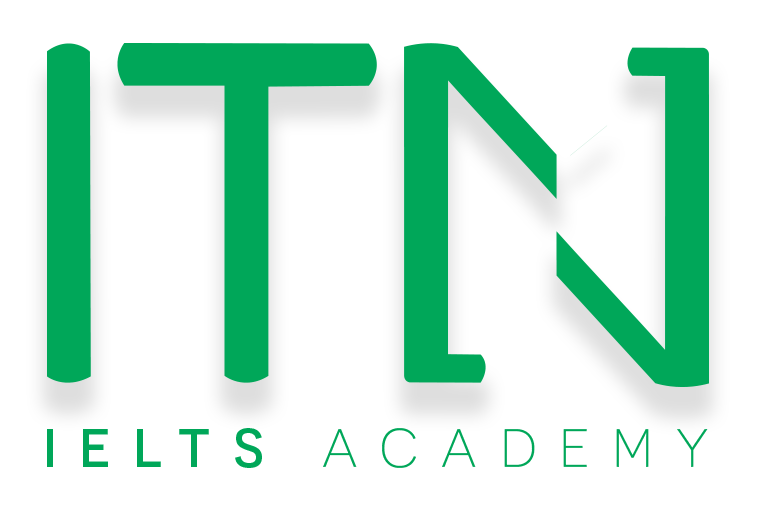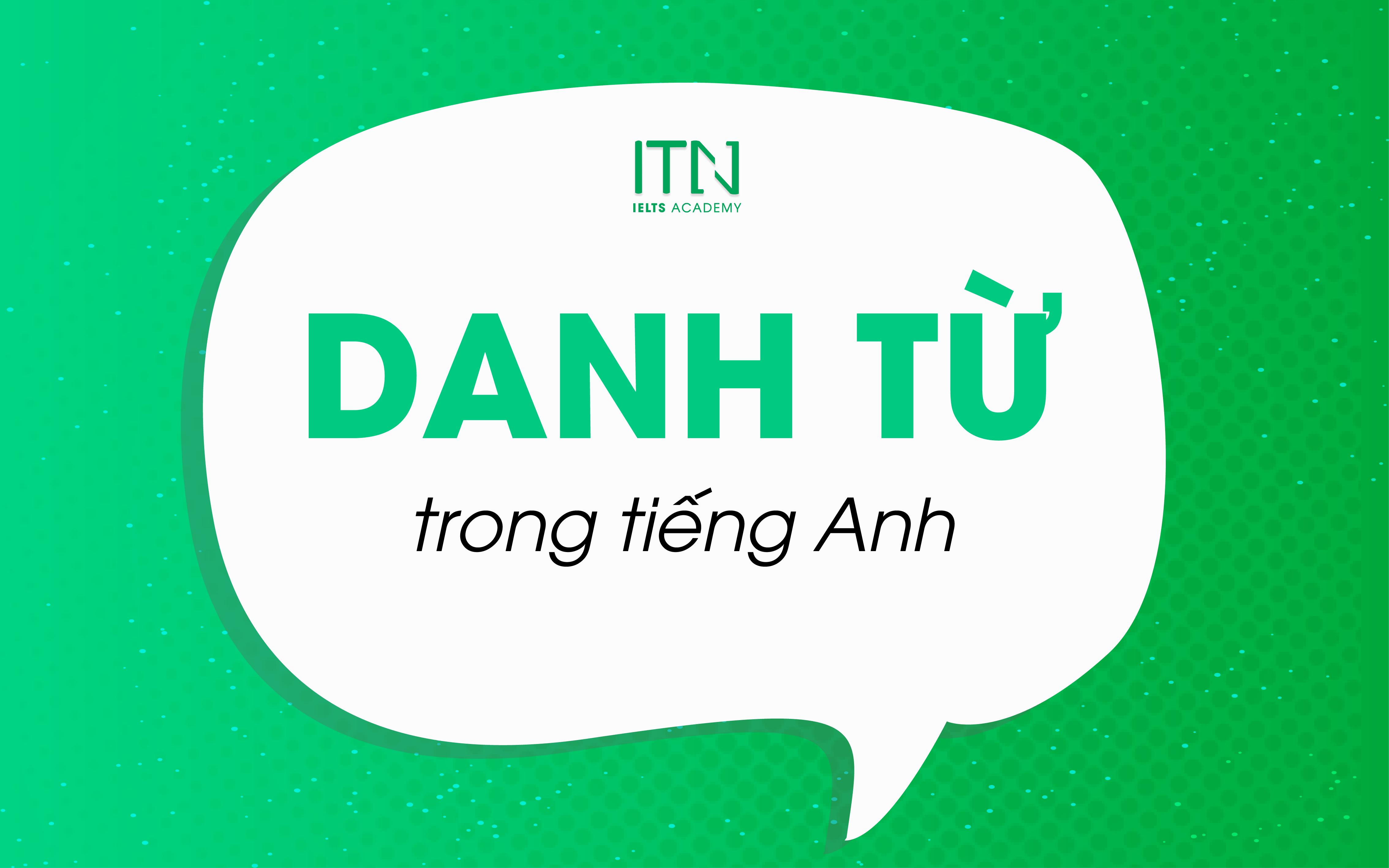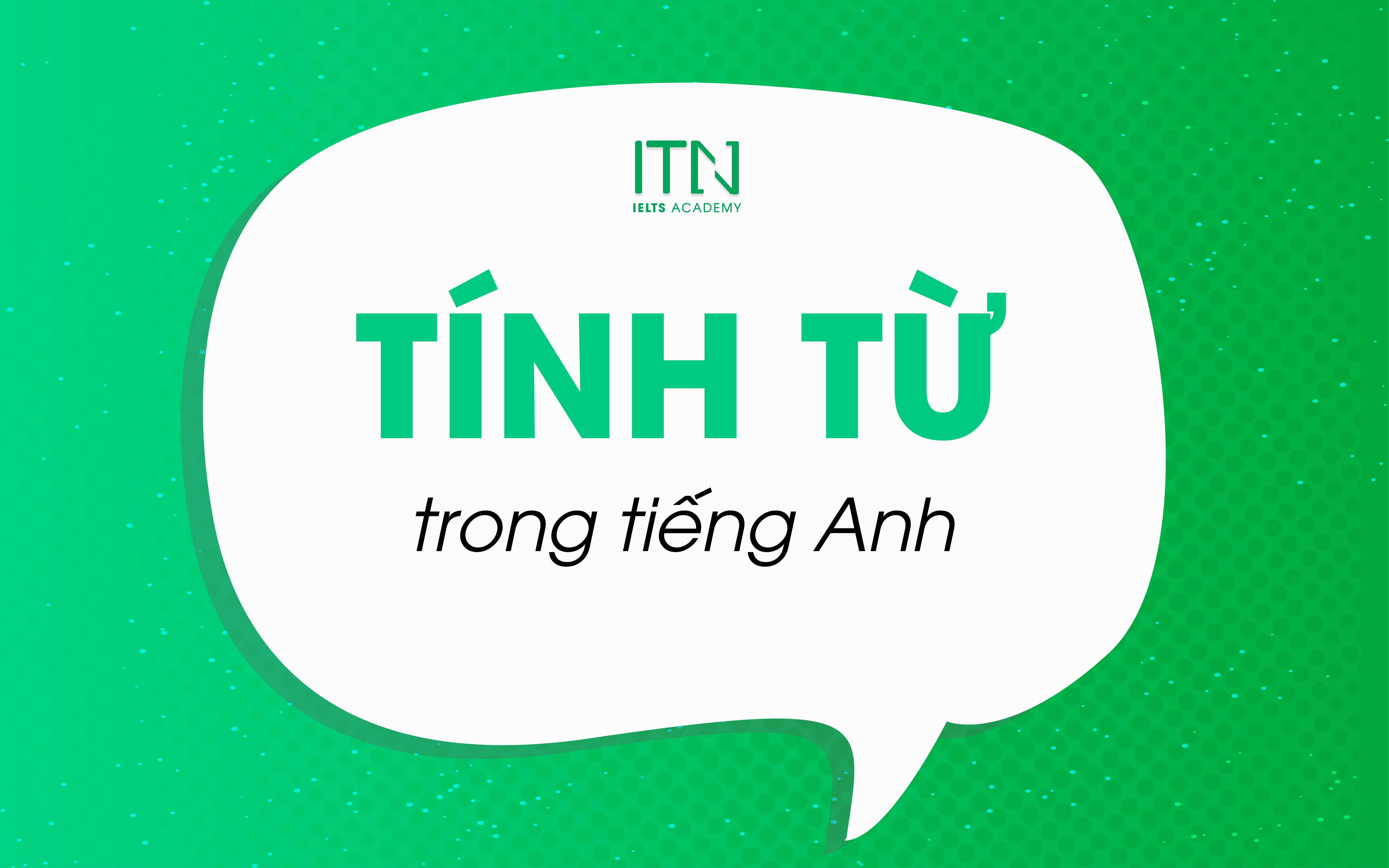
Lời nói gián tiếp (Indirect Speech) là một trong các phần ngữ pháp quan trọng thường xuyên xuất hiện trong các bài thi Tiếng Anh. Hôm nay, hãy cùng chúng mình tìm hiểu về lời nói gián tiếp nhé!
I) KHÁI NIỆM LỜI NÓI GIÁN TIẾP:
Lời nói gián tiếp (Indirect Speech) là lời tường thuật lại ý của người nói.
Eg:
- Lời nói trực tiếp (Direct Speech): He said: “I am a teacher” (Anh ấy nói: “Tôi là một giáo viên”)
- Lời nói gián tiếp (Indirect Speech): He said he was a teacher. (Anh ấy nói anh ấy là một giáo viên)
II) CÂU TRẦN THUẬT TRONG LỜI NÓI GIÁN TIẾP:
- Câu trần thuật hay câu kể (Statement) có chức năng thuật lại lời người nói.
Eg: “I go to school by bus”, she said. (Cô ấy nói: “Tôi đi đến trường bằng xe buýt”)
- Cách chuyển câu trần thuật từ trực tiếp sang gián tiếp:
1, Đổi đại từ nhân xưng, tân ngữ, tính từ sở hữu, đại từ sở hữu sao cho phù hợp với chủ ngữ hoặc đại từ chính:
| Đại từ nhân xưng | Tính từ sở hữu | Tân ngữ | Đại từ sở hữu |
| I => he, she
we => they you => I, we |
my => his, her
our => their your => my, our |
me => him, her
us => them you => me, us |
mine => his, hers
ours => theirs yours => mine, ours |
2, Đổi thì của động từ
| Lời nói trực tiếp (Direct Speech) | Lời nói gián tiếp (Indirect Speech) |
| Hiện tại đơn (Present Simple)
She said: “I am a student” (Cô ấy nói: “Tôi là học sinh”) |
Quá khứ đơn (Past Simple)
She said she was a student. (Cô ấy nói cô ấy là học sinh) |
| Hiện tại tiếp diễn (Present Continuous)
He said: “I am cooking dinner” (Anh ấy nói: “Tôi đang nấu bữa tối”) |
Quá khứ tiếp diễn (Past Continuous)
He said he was cooking dinner. (Anh ấy nói anh ấy đang nấu bữa tối) |
| Hiện tại hoàn thành (Present Perfect)
She said: “ I have done 3 exercises” (Cô ấy nói: “Tôi đã làm xong 3 bài tập”) |
Quá khứ hoàn thành (Past perfect)
She said she had done 3 exercises. (Cô ấy nói cô ấy đã làm xong 3 bài tập) |
| Hiện tại hoàn thành tiếp diễn (Present Perfect Continuous)
Peter said: “I have been living here for 3 years” |
Quá khứ hoàn thành tiếp diễn (Past Perfect Continuous)
Peter said he had been living there for 3 years. |
| Quá khứ đơn (Past Simple)
Lisa said: “I walked to school yesterday” |
Quá khứ đơn (Past Simple) / Quá khứ hoàn thành (Past perfect)
Lisa said she walked/ had walked to school the day before. |
| Quá khứ tiếp diễn (Past Continuous)
Noah said, “I was watching TV at 8pm yesterday” |
Quá khứ tiếp diễn (Past Continuous)/ Quá khứ hoàn thành tiếp diễn (Past Perfect Continuous)
Noah said he was watching/ had been watching TV at 8 pm the day before. |
| Quá khứ hoàn thành (Past perfect)
Emma said, “ I had worked hard” |
Quá khứ hoàn thành (Past perfect)
Emma said she had worked hard. |
| Tương lai đơn (Future Simple)
Harry said, “ I’ll call you” |
Tương lai trong quá khứ (Future in the past)
Harry said he would call me. |
| Tương lai tiếp diễn (Future Continuous)
She said, “ I’ll be studying at school at 4pm tomorrow”. |
Tương lai tiếp diễn trong quá khứ (Future continuous in the past)
She said she would be studying at school at 4pm the following day. |
Động từ khuyết thiếu (Modal verbs)
She said, “I can swim”.
Ross said, “ I may not go to the party”
Clara said: “I must study harder” |
Động từ khuyết thiếu trong quá khứ (Modal in the past)
She said she could swim.
Ross said he might not go to the party.
Clara said she must/ had to study harder. |
3, Đổi tính từ chỉ định và trạng từ nơi chốn/ thời gian:
| Lời nói trực tiếp (Direct Speech) | Lời nói gián tiếp (Indirect Speech) |
| this | that |
| these | those |
| here | there |
| now | then/ at that time |
| today | that day |
| yesterday | the day before/ the previous day |
| the day before yesterday | two days before |
| tomorrow | the next day/ the following day |
| the day after tomorrow | two days after/ in two days’ time |
| ago | before |
| this week, month, year,… | that week, month, year,… |
| last week, month, year,… | the week, month, year,…before/ the previous week, month, year,… |
| next week, month, year,… | the following/next week, month, year,… |
3, Một số trường hợp không lùi thì trong câu trần thuật:
- Động từ tường thuật (say, tell,…) ở các thì hiện tại và tương lai (say/says, is/ are saying, have said, will say…)
Eg: Mary will say: “I can’t do it” (Mary sẽ nói: “Tôi không làm được”)
=> Mary will say she can’t do it.
- Lời nói trực tiếp diễn tả một sự thật hiển nhiên, một chân lý, một thói quen ở hiện tại:
Eg: The teacher said: “The Sun rises in the East” ( Thầy giáo nói: “Mặt trời mọc ở đằng đông”)
=> The teacher said the Sun rises in the East.
Kate said, “I always drink coffee in the morning” (Kate nói: “Tôi luôn luôn uống cà phê vào buổi sáng)
=> Kate said she always drinks coffee in the morning.
- Lời nói trực tiếp là câu điều kiện không có thật (loại 2 và loại 3) hoặc mệnh đề với “wish, would rather, would sooner, it’s time”
Eg: He said, “If I had learnt harder, I would not have failed the exam” (Anh ấy nói, “Nếu tôi đã học chăm hơn, tôi đã không trượt kỳ thi”
=> He said if he had learnt harder, he would not have failed the exam.
III) CÂU HỎI TRONG LỜI NÓI GIÁN TIẾP:
Có hai loại câu hỏi: câu hỏi Yes- No và câu hỏi Wh-
1, Câu hỏi Yes-No
Eg: She asked me: “Are you a student?”
=> She asked if I was a student.
Cách thức chung để chuyển câu hỏi Yes-No từ trực tiếp sang gián tiếp:
| S + | asked (O) | if/ whether | +S + V….(đổi cấu trúc câu hỏi thành câu trần thuật) |
| inquired | |||
| wondered | |||
| wanted to know |
Lưu ý: Vẫn theo quy tắc đổi thì, đổi đại từ, tính từ sở hữu, trạng từ như trên.
Eg: Tom wondered: “Will the flowers bloom at Tet?” (Tom tự hỏi: “Liệu hoa có nở vào dịp Tết không nhỉ?”)
=> Tom wondered whether the flowers would bloom at Tet.
2, Câu hỏi Wh-
Eg: She asked me: “Who is that guy?” (Cô ấy hỏi tôi: “Người đàn ông kia là ai?”)
=> She asked me who that guy was.
- Cách chuyển câu hỏi Wh- từ trực tiếp sang gián tiếp:
| S + | asked (O) | Wh- (Từ để hỏi) | S + O… (đổi cấu trúc câu hỏi thành câu trần thuật) |
| inquired | |||
| wondered | |||
| wanted to know |
Eg: Thomas asked: “Which color do you like?”
=> Thomas asked which color I liked
IV) MỘT SỐ LOẠI CÂU THƯỜNG GẶP KHÁC:
1, Câu mệnh lệnh, câu yêu cầu:
Eg: My mother said to me: “Wash the dishes after eating dinner”. (Mẹ tôi bảo tôi: “Con rửa bát sau khi ăn tối nhé”
=> My mother told me to wash the dishes after eating dinner.
- Cấu trúc:
| S + | asked (yêu cầu) | O | (not) to V |
| told (bảo làm gì) | |||
| ordered (ra lệnh) |
2, Lời đề nghị:
| S + offered (đề nghị làm gì cho) + to V |
Eg: “I’ll go shopping for you”, she said.
=> She offered to go shopping for me.
3, Lời hứa:
| S + promised (hứa) + (not) to V |
Eg: Maria said: “I will not come home after the curfew”
=> Maria promised not to come home after the curfew.
4, Lời khuyên:
| S + advised (khuyên) + O + (not) to V |
Eg: The doctor said to me: “You should take exercises regularly”
=> The doctor advised me to take exercises regularly.
5, Lời khích lệ, lời thúc giục, cảnh báo:
| S + | encouraged (khích lệ) | O | (not) to V |
| urged (hối thúc) | |||
| warned (cảnh báo) |
Eg: “Take the opportunity to prove yourself”, she said to me.
=> She encouraged me to take the opportunity to prove myself.
6, Câu cảm thán:
Câu cảm thán có 2 dạng: “ What (a/an) ….!” hoặc “How adj/adv S is/V!”
Cấu trúc chuyển câu cảm thán từ trực tiếp sang gián tiếp:
| S | exclaimed (cảm thán) that | S + V/be (đổi lời câu cảm thán thành câu trần thuật |
| said that |
Eg: “What a beautiful garden!” She said
=> She exclaimed that it is a beautiful garden.
- “How lovely today is!”, he said.
=> He said that day was lovely.
V) CÂU HỖN HỢP TRONG LỜI NÓI GIÁN TIẾP:
- Câu hỗn hợp là câu kết hợp nhiều dạng câu lại với nhau như câu trần thuật đi kèm với câu hỏi,… Cách làm là đổi từng phần sang câu gián tiếp và tuân thủ quy tắc chuyển sang câu gián.
Eg: “I skipped the first lesson today. What did we learn today?”, he said.
=> He said (that) he had skipped the first lesson that day and asked what they had learnt that day.
- Nếu mệnh đề sau giải thích cho mệnh đề trước ta có thể dùng “as”:
Eg: Peter said: “Clara won the first prize at the math competition. She studied hard.”
=> Peter said that Clara had won the first prize at the math competition as she had studied hard.”
VI) BÀI TẬP BỔ TRỢ:
Bài 1: Chuyển các câu trực tiếp sau sang câu gián tiếp:
- Maria: “My father is a pilot”
- Tom to Thomas: “ I walked 2 miles yesterday”
- Rachel: “I have achieved 12 medals over the past 5 years”
- My mother: “Mat is cleaning the floor”
- Nick: “They must water the trees after school”
- Andrew: “Ross has been living in New York for 20 years”
- June: “I’ll bring you some coffee”
- Clara: “She’ll be playing tennis at 5pm tomorrow”
- Rachel: “ This is my brother”
- Sarah: “I visited my grandparents last month”
- Mathew: “Are there 20 students in the class?”
- Mathew: “How many students are there in the class?”
- Kate: “When did you learn English?”
- Maria: “Where is the nearest bus stop?”
- Anne: “Has your boyfriend visited your house?”
- Diana: “If I were you, I would take his advice”
- Peter: “I didn’t see Clara at the party last night. Did you invite her to our party?”
- Susan: “If you apply for this job position, you will definitely be hired”
- My mother to Jack: “Jonas is doing his homework. Why do you want to meet him?”
- Mat: “Which movie do you like best?”
Bài 2: Dùng từ trong ngoặc để viết thành câu gián tiếp:
- Maria: “Can you open the door, please?” (ask)
- She to the children: “Don’t come near the river” (warn)
- My mother: “Stop chatting and go to bed right now” (tell)
- Jack: “Let me set the table” (offer)
- Maria: “I will study harder” (promise)
- Clara: “Would you like to come to our party next week?” (invite)
- My father: “Keep trying, do your best” (encourage)
- Mathew: “This river is deep” (warn)
- Kate: “Don’t forget order pizza for the children” (remind)
- Maria: “Work faster and faster” (urge)
VII) ĐÁP ÁN BÀI TẬP BỔ TRỢ
Bài 1:
- Maria said that her father was a pilot.
- Tom told Thomas that he had walked 2 miles the day before.
- Rachel said that she had achieved 12 medals over the past 5 years.
- My mother said that Mat was cleaning the floor.
- Nick said that they must water the trees after school.
- Andrew said that Ross had been living in New York for 20 years.
- June said that she would bring me some coffee.
- Clara said that she would be playing tennis at 5pm the next day.
- Rachel said that That was my brother.
- Sarah said that she had visited her grandparents the month before.
- Mathew asked if there were 20 students in the class.
- Mathew asked How many students there are in the class.
- Kate asked when I had learnt English.
- Maria asked where the nearest bus stop was.
- Anne asked if my boyfriend had visited my house.
- Diana said that If she were me, she would take his advice.
- Peter said that he hadn’t seen Clara at the party the night before and asked whether I had invited her to our party.
- Susan said that if I apply for that job position, I would definitely be hired.
- My mother told Jack that Jonas was doing his homework and asked Why he wanted to meet Jack.
- Mat asked which movie I liked best.
Bài 2:
- Maria: asked me to open the door.
- She warned the children not to come near the river.
- My mother told me to stop chatting and go to bed then.
- Jack offered to set the table.
- Maria promised to study harder.
- Clara invited me to come to their party the next week.
- My father encouraged me to keep trying and do my best.
- Mathew warned that the river was deep.
- Kate reminded me to order pizza for the children.
- Maria urged me to work faster and faster.
Trên đây là phần tổng hợp kiến thức về lời nói gián tiếp. Đừng quên học bài và làm bài tập bổ trợ để củng cố kiến thức nhé! Chúc các bạn học tốt!
Thật thú vị phải không nào? Hãy cố gắng áp dụng kiến thức vào trong giao tiếp hằng ngày của bạn nhé!
______________________
- Xem thêm các bài viết về Grammar
- Fanpage IELTS Trang Nguyễn






